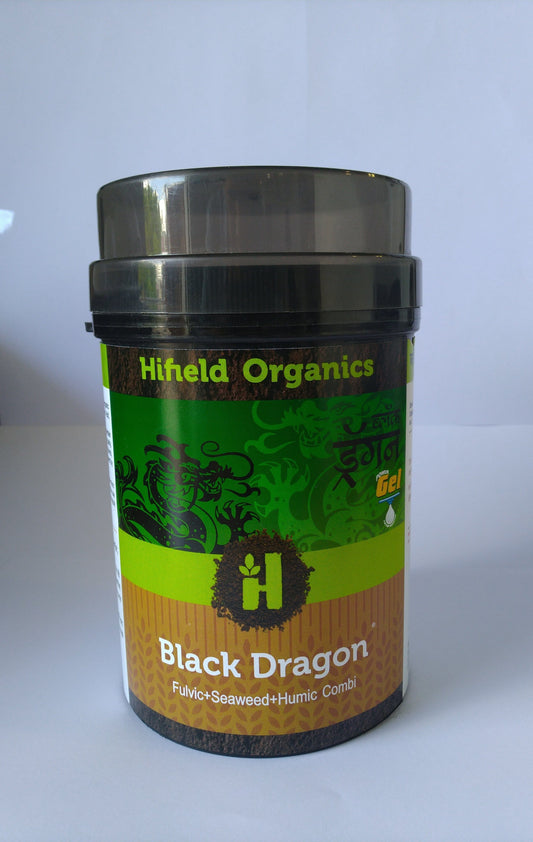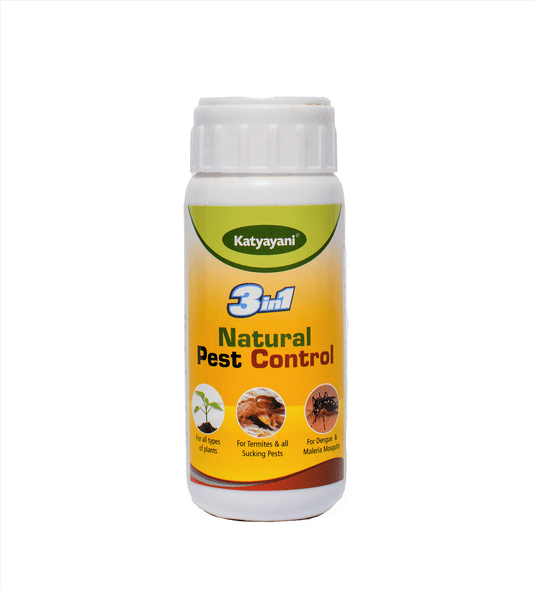Pesticides have long been utilized as an effective means to protect crops from pests and maximize agricultural productivity. However, the excessive and indiscriminate use of pesticides has raised concerns about their potential adverse effects on both plants and the surrounding plant soil. In this article, we delve into the impact of plant pesticides on the health of plants and the soil, highlighting the need for sustainable and environmentally friendly alternatives.

The Effects of Pesticides on Plants
When applied to plants, pesticides are designed to eliminate or control pests such as insects, weeds, and diseases. However, they can also have unintended consequences on the plants themselves. One common effect of pesticides is phytotoxicity, where the chemicals can harm or kill plants directly. This is especially true if pesticides are misused, applied excessively, or during unfavorable weather conditions. Symptoms of phytotoxicity include leaf discoloration, stunted growth, reduced yield, and even plant death.
Furthermore, pesticides can disrupt the balance of beneficial microorganisms in the soil that contribute to plant health. This disturbance can weaken plants' natural defense mechanisms, making them more susceptible to diseases and pests. Pesticides may also harm beneficial insects, such as bees and ladybugs, which play crucial roles in pollination and pest control.
Soil Health and Pesticides
Soil is a precious resource that provides essential nutrients, water, and support for plant growth. Unfortunately, the use of pesticides can adversely affect soil health in several ways. Firstly, pesticides can persist in the soil for extended periods, potentially accumulating over time. This can lead to groundwater and surface water contamination, posing risks to human health and aquatic ecosystems.
Pesticides can also disrupt the soil's ecological balance by harming beneficial soil organisms, including earthworms, bacteria, fungi, and other microorganisms. These organisms contribute to soil fertility, nutrient cycling, and the maintenance of soil structure. Their loss can result in reduced soil quality, decreased organic matter content, and increased erosion susceptibility.
Alternatives and Sustainable Practices
Given the potential harm caused by pesticides, there is a growing need for sustainable and eco-friendly alternatives. Integrated Pest Management (IPM) combines various pest control strategies to minimize plant pesticide use. IPM incorporates practices like crop rotation, biological pest control (e.g., using beneficial insects), and cultural methods (e.g., selecting pest-resistant plant varieties).

Furthermore, organic farming techniques offer an alternative to conventional pesticide-intensive practices. Organic farming relies on natural methods and substances to control pests and diseases, such as biological control agents, crop rotation, and the use of organic fertilizers. By avoiding synthetic pesticides, organic farming aims to preserve soil health, protect biodiversity, and promote long-term sustainability.
Soil conservation practices also play a vital role in maintaining soil health. Implementing erosion control measures like contour plowing, terracing, and cover cropping can prevent soil erosion and reduce the need for excessive pesticide use. Additionally, promoting soil organic matter through composting and using cover crops helps enhance soil structure, moisture retention, and nutrient availability.
Conclusion
The impact of pesticides on plants and soil health is a complex issue that necessitates careful consideration and sustainable solutions. While pesticides can effectively control pests, their indiscriminate use can harm plants, beneficial organisms, and soil fertility. Adopting alternative approaches, such as integrated pest management and organic farming, alongside soil conservation practices can help reduce pesticide reliance and mitigate their adverse effects. By embracing sustainable practices, we can strike a balance between crop protection and the long-term health of plants and the environment.







